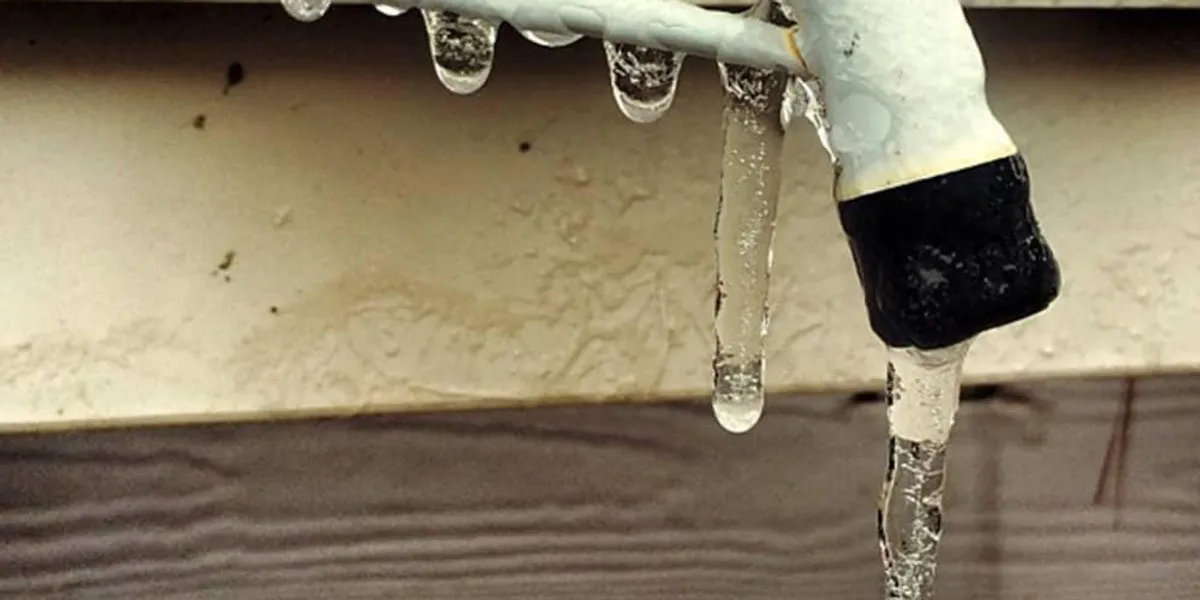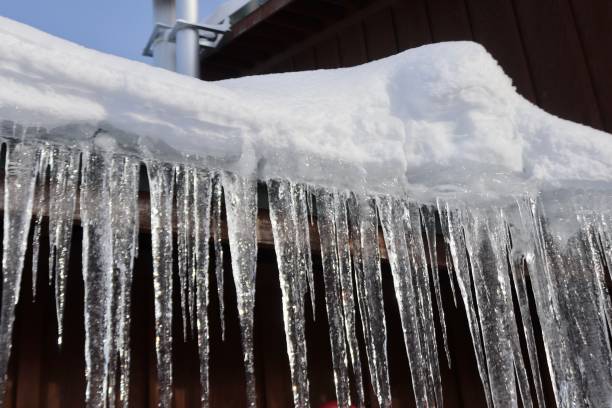Protecting Your Pipes from Cold Weather Issues: Essential Approaches
Protecting Your Pipes from Cold Weather Issues: Essential Approaches
Blog Article
Right here on the next paragraphs you'll find a good deal of extremely good advice involving Winter Plumbing Precautions: Preventing Frozen Pipes.

Winter can ruin your plumbing, specifically by freezing pipes. Here's exactly how to stop it from occurring and what to do if it does.
Intro
As temperatures decline, the danger of icy pipelines increases, potentially bring about costly repair services and water damage. Understanding exactly how to avoid frozen pipelines is vital for house owners in cold climates.
Avoidance Tips
Insulating at risk pipes
Cover pipelines in insulation sleeves or use warm tape to protect them from freezing temperatures. Concentrate on pipes in unheated or exterior locations of the home.
Home heating techniques
Keep interior rooms sufficiently warmed, specifically locations with plumbing. Open cabinet doors to enable warm air to distribute around pipelines under sinks.
Exactly how to determine icy pipelines
Seek lowered water circulation from faucets, uncommon smells or sounds from pipes, and noticeable frost on subjected pipelines.
Long-Term Solutions
Structural adjustments
Think about rerouting pipelines far from outside wall surfaces or unheated locations. Include additional insulation to attics, basements, and crawl spaces.
Updating insulation
Invest in top notch insulation for pipes, attics, and walls. Correct insulation assists maintain constant temperatures and minimizes the risk of frozen pipelines.
Safeguarding Exterior Plumbing
Yard pipes and exterior taps
Disconnect and drain pipes yard pipes prior to winter. Mount frost-proof spigots or cover outdoor taps with protected caps.
Comprehending Icy Pipes
What triggers pipes to freeze?
Pipes freeze when subjected to temperatures below 32 ° F (0 ° C) for prolonged periods. As water inside the pipes freezes, it increases, taxing the pipe wall surfaces and potentially creating them to burst.
Dangers and damages
Frozen pipes can lead to water supply interruptions, property damages, and costly repairs. Ruptured pipelines can flood homes and create considerable structural damage.
Indicators of Frozen Pipes
Recognizing icy pipes early can stop them from bursting.
What to Do If Your Pipes Freeze
Immediate actions to take
If you presume frozen pipelines, keep faucets open to soothe pressure as the ice thaws. Use a hairdryer or towels soaked in hot water to thaw pipes gradually.
Final thought
Protecting against icy pipelines calls for aggressive steps and quick feedbacks. By recognizing the causes, indicators, and preventive measures, house owners can shield their pipes during winter.
Helpful Tips to Prevent Frozen Pipes this Winter
UNDERSTANDING THE BASICS: WHY PIPES FREEZE AND WHY IT’S A PROBLEM
Water freezing inside pipes is common during the winter months, but understanding why pipes freeze, and the potential problems it can cause is crucial in preventing such incidents. This section will delve into the basics of why pipes freeze and the associated problems that may arise.
THE SCIENCE BEHIND FROZEN PIPES
When water reaches freezing temperatures, it undergoes a physical transformation and solidifies into ice. This expansion of water as it freezes is the primary reason pipes can burst. As the water inside the pipe freezes, it expands, creating immense pressure on the walls. If the pressure becomes too great, the pipe can crack or rupture, leading to leaks and water damage.
FACTORS THAT CONTRIBUTE TO PIPE FREEZING
Low Temperatures: Extremely cold weather, especially below freezing, increases the risk of pipes freezing. Uninsulated or Poorly Insulated Pipes: Pipes located in unheated areas, such as basements, crawl spaces, or attics, are more prone to freezing. Insufficient insulation or lack of insulation altogether exacerbates the problem. Exterior Wall Exposure: Pipes running along exterior walls are susceptible to freezing as they encounter colder temperatures outside. Lack of Heating or Temperature Regulation: Inadequate heating or inconsistent temperature control in your home can contribute to frozen pipes. PROBLEMS CAUSED BY FROZEN PIPES
- Pipe Bursting: As mentioned earlier, the expansion of water as it freezes can cause pipes to burst, resulting in significant water damage.
- Water Damage: When pipes burst, it can lead to flooding and water damage to your property, including walls, ceilings, flooring, and personal belongings.
- Structural Damage: Prolonged exposure to water from burst pipes can compromise the structural integrity of your home, leading to costly repairs.
- Mold and Mildew Growth: Excess moisture from water damage can create a favorable environment for mold and mildew growth, posing health risks to occupants.
- Disrupted Water Supply: Frozen pipes can also result in a complete or partial loss of water supply until the issue is resolved.
WHY CERTAIN PIPES ARE MORE PRONE TO FREEZING
- Location: Pipes located in unheated or poorly insulated areas, such as basements, crawl spaces, attics, or exterior walls, are at higher risk of freezing.
- Exterior Pipes: Outdoor pipes, such as those used for irrigation or exposed plumbing, are particularly vulnerable to freezing as they are directly exposed to the elements.
- Supply Lines: Pipes that carry water from the main water supply into your home, including the main water line, are critical to protect as freezing in these lines can affect your entire plumbing system.
- Underground Pipes: Pipes buried underground, such as those connected to sprinkler systems or outdoor faucets, can be susceptible to freezing if not properly insulated.
https://busybusy.com/blog/helpful-tips-to-prevent-frozen-pipes-this-winter/

I found that write up about Prevent Frozen Pipes while doing a lookup on the web. Sharing is caring. Helping people is fun. Thank you so much for your time invested reading it.
Estimate Free Report this page